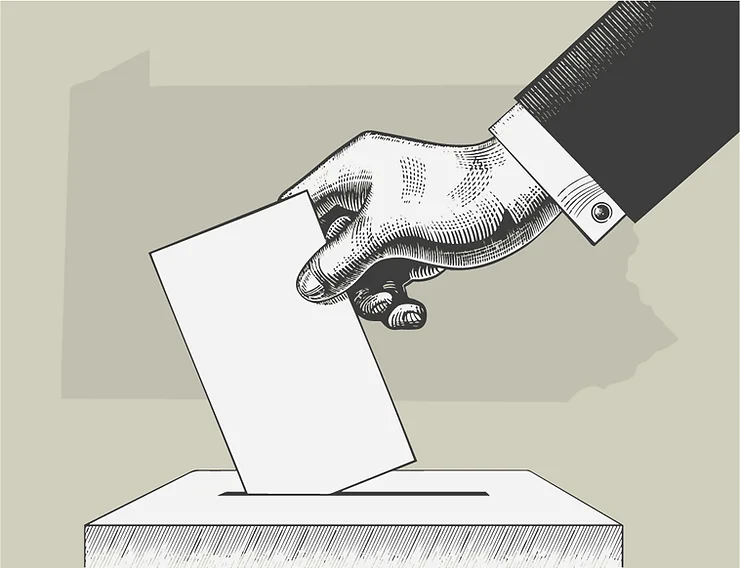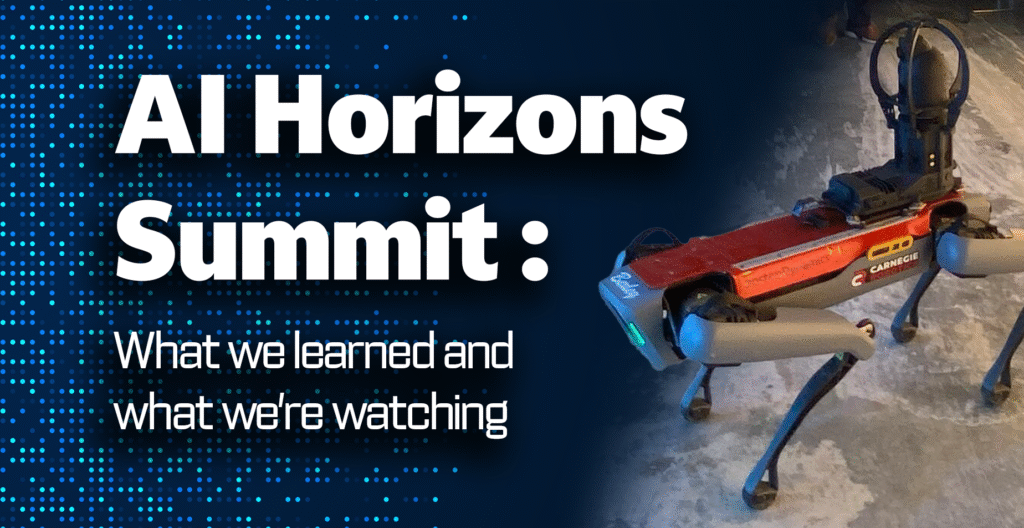
Q: What’s the biggest story out of the recent primary?
Larry Ceisler: That depends on your perspective. One big story is that the outreach for the mail-in ballots was very effective in most places. There were probably close to a million throughout the state – 250,000 or so in Philadelphia, 300,000 in the Philly suburbs, another 200,000 in Allegheny County.
Circumstances dictated that, of course, with people not wanting to go out during the pandemic. But it shows how comfortable people are voting by mail and how well the state did at getting those ballots to people.
But still, the numbers for minority people voting by mail was significantly lower because of a combination of things – the disproportionate impact of COVID on minority populations, as well as a historical mistrust of institutions of government. So that has to be corrected.
Q: Are you concerned about how long it took to count the vote?
Larry Ceisler: The vote count was slow because it was the first time they’d done mail-ins like this in Pennsylvania. And some places did it better than others. Allegheny County Executive Rich Fitzgerald was on top of it. In Philadelphia, it was slow.
Philadelphia is very different from the rest of the state because of the number of voting locations. With the consolidation of voting sites, as well as not having as many people working the polls, getting Election Day right had to be the priority for that day.
Q: That said, we saw some long lines in Philadelphia. It’s been a recurrent theme in a lot of big cities across the country.
They’ve always had long lines in the city, but it’s become worse because of a consolidation of polling places and not enough people working the polls during the pandemic. In November, they’re going to have to look at their policy for polling places. If they don’t have enough people to work, they’re going to have to find them and train them. And pay them.
Q: What does that portend for November?
Larry Ceisler: Well, Pennsylvania has to get it right in November. I’m not concerned about an accurate count of the votes – there is not going to be fraud or anything like that. I’m more concerned about getting the votes counted on election night. Any delay will give Trump a reason to charge that the election was fixed. He’ll say the Philadelphia bosses are trying to steal the election – like Chicago in 1960.
This primary was a dry run for November. They need to get everything fixed, and I’m confident they will. And I’m confident that more people will be comfortable with the process of voting by mail, including people in the city.
Q: Let’s look at some results. In Philadelphia, several incumbent Democratic state legislators lost their primary. Is there a message there?
Larry Ceisler: It was an unusual election, because it came during COVID and right after the protests and the looting. It’s tough to say what effect that had on voters.
But those incumbents who lost, including (Sen. Larry) Farnese and (Rep. Jim) Roebuck, were beaten by more progressive candidates, to say the least. I don’t think we know yet what it means for the traditional Democratic Party.
And then (Sen.) Daylin Leach lost in the suburbs. If the results in the city were about a bending of the power structure, in Montgomery County is was a reinforcement of the power structure. Every elected official from the governor on down was against Daylin and they were able to push him out.
Q: November is five months away, and the most recent Pennsylvania polls on the presidential race have been inconsistent. What’s your sense?
Larry Ceisler: My sense is that Joe Biden is ahead, but so was Hillary. Right now, I don’t believe polls where Donald Trump is involved.




